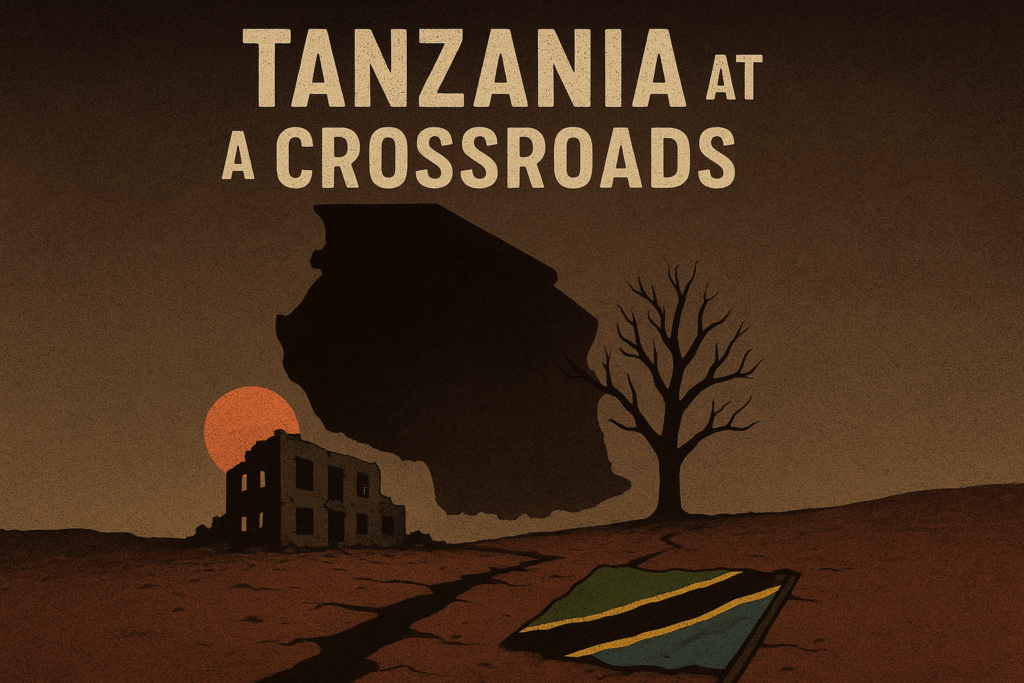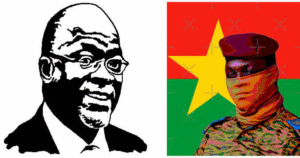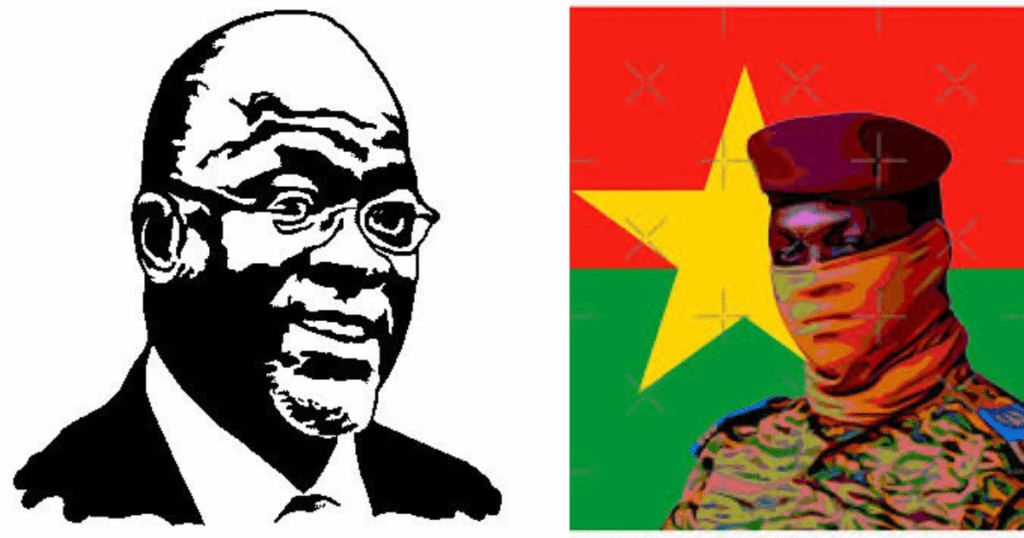Tanzania was once called the land of thinkers. A nation where ideas, intellect, and discipline mattered. A country where the flame of Mwalimu Julius Kambarage Nyerere’s vision still flickered in the hearts of the people. But today, that light is dimming. And the silence of our so-called intellectuals, combined with the remote-control influence of former president Jakaya Mrisho Kikwete, is pulling Tanzania deeper into the abyss.
Kikwete’s “Silent Dictatorship”
During his presidency (2005–2015), Jakaya Kikwete was celebrated abroad as a “darling of the West.” At home, however, his era left behind a trail of weak institutions, growing corruption networks, and politics dominated by personalities rather than principles. Unlike John Pombe Magufuli, who confronted corruption head-on and fought for national dignity in broad daylight, Kikwete perfected the art of ruling from behind the curtains—quiet, smiling, and calculating.
Today, he no longer holds office. Yet, his shadow lingers. He is the only elder political figure still standing tall, not because of wisdom, but because of the grip he maintains on the system. He doesn’t need to shout; his silence is deafening. This is dictatorship in its purest, most insidious form—a dictatorship of silence.
The Tragedy of Tanzania’s Intellectuals
It is heartbreaking that our intellectuals, once bold voices of reason, have chosen silence. Why? Fear of losing salaries, fear of being sidelined, fear of speaking truth to power. The result is tragic: a country once defined by thinkers is now led by influencers—brainless individuals chasing likes and social media applause, not nation-building.
Where are the professors who once debated policy? Where are the economists who once envisioned industrial growth? Where are the legal minds who once safeguarded our democracy? They are silent. And in their silence, the country bleeds.
A Nation Led by the Unqualified
Let us be honest: the current leadership is unqualified. Tanzania is being ruled by individuals who know nothing of business, economics, or governance—people whose experience begins and ends with office attendance, protocol, and handshakes.
What does this leadership know? Grants. Begging. Pleasing foreign donors. What do they not know? Building industries, empowering farmers, reforming education, creating jobs, restoring dignity.
It is no wonder the country is where it is today—stuck in economic stagnation, political decay, and spiritual exhaustion.
Elections of Shame
This year’s elections should never have happened in this form. They were not about democracy, nor about the people’s will. They were about personal interests. Tanzania has been reduced to a chessboard where political elites play their games while citizens remain pawns.
We were told Magufuli was a dictator. Yet, what we face today is worse: dictatorship in remote control. Magufuli was loud, yes—but his voice was for the country. Today’s silence is equally loud, but it is only for personal gain.
A Cry to the Ancestors
Benjamin Mkapa, if only you could wake up and remind Tanzania of discipline.
Mzee Mwinyi, continue resting, your legacy is untarnished.
Mwalimu Nyerere, we know you tilted to the West at times, but Tanzania was alive in your days. Can your spirit shake the conscience of our leaders?
Magufuli, wherever you are, look at what has become of the nation you tried to save.
The Verdict
Tanzania is dying. Not from war, not from famine, but from mismanagement and betrayal by its own leaders. The worst betrayal is silence—the silence of Kikwete, the silence of the intellectuals, and the silence of citizens too afraid to demand change.
If nothing changes, Tanzania will not just decline—it will disappear, consumed by corruption, dependency, and mediocrity.
Tanzania once belonged to thinkers. Today, it belongs to influencers. And unless the people reclaim their voice, tomorrow it may belong to no one at all.





